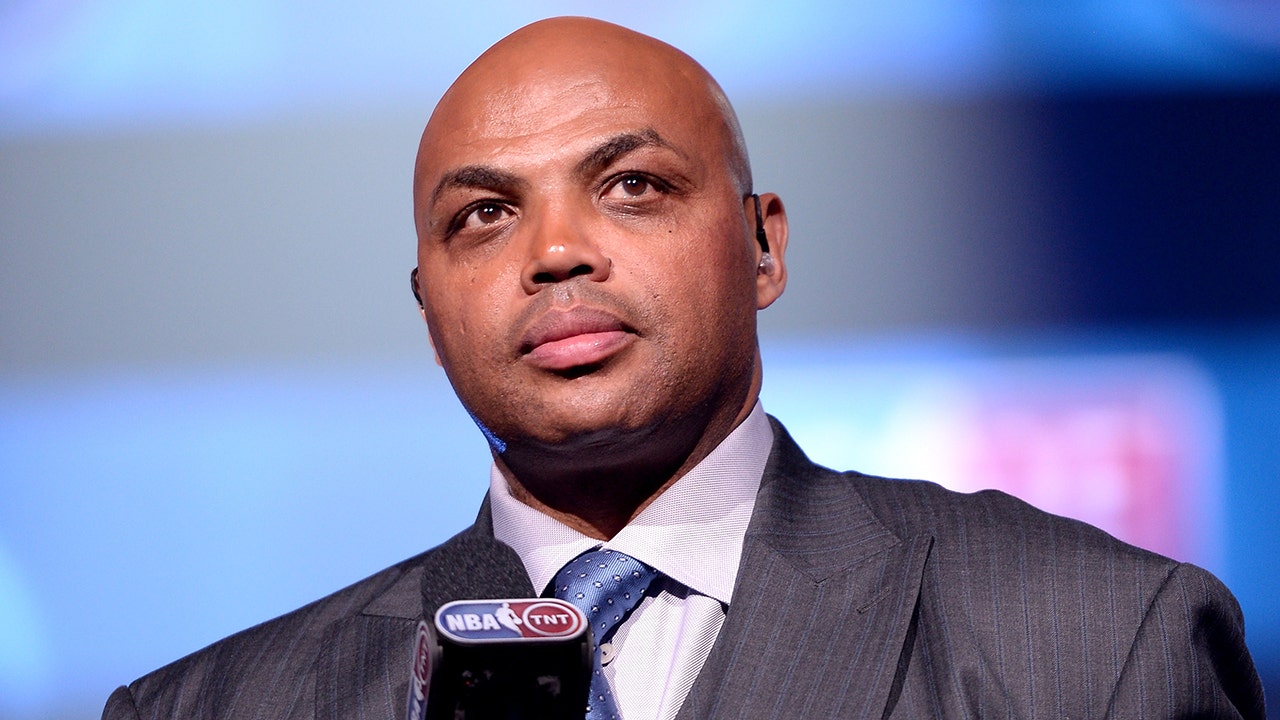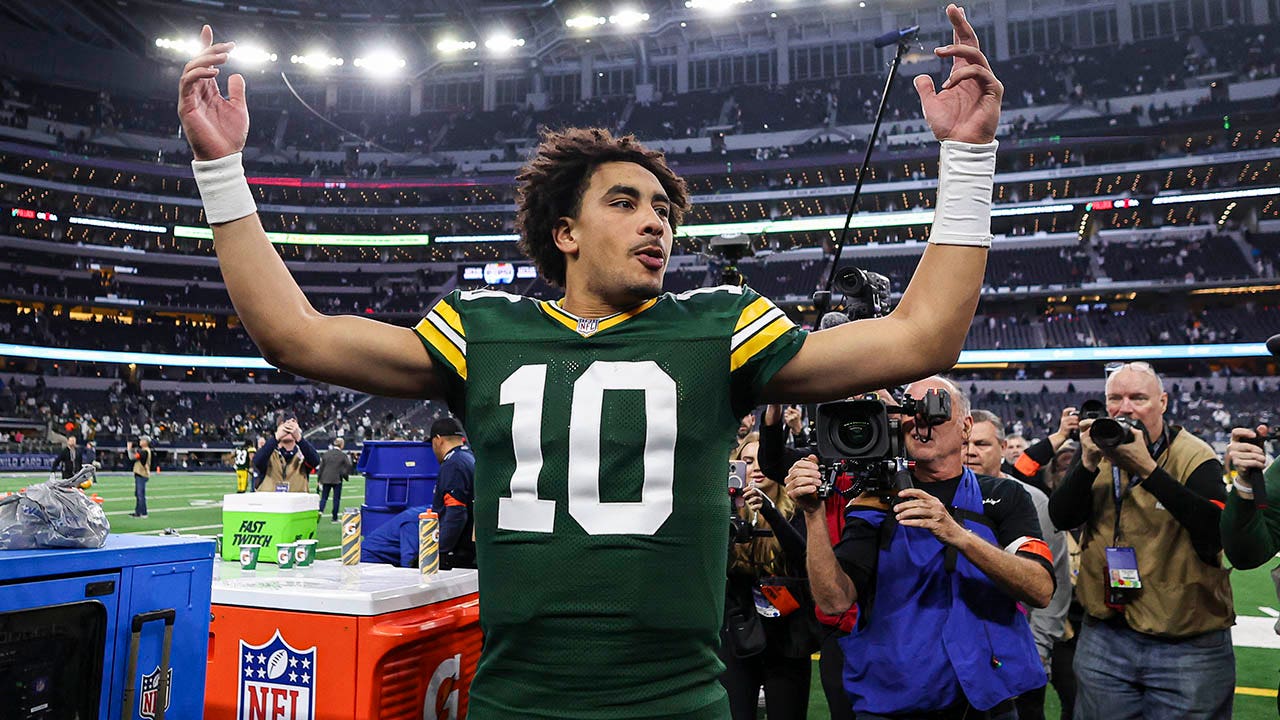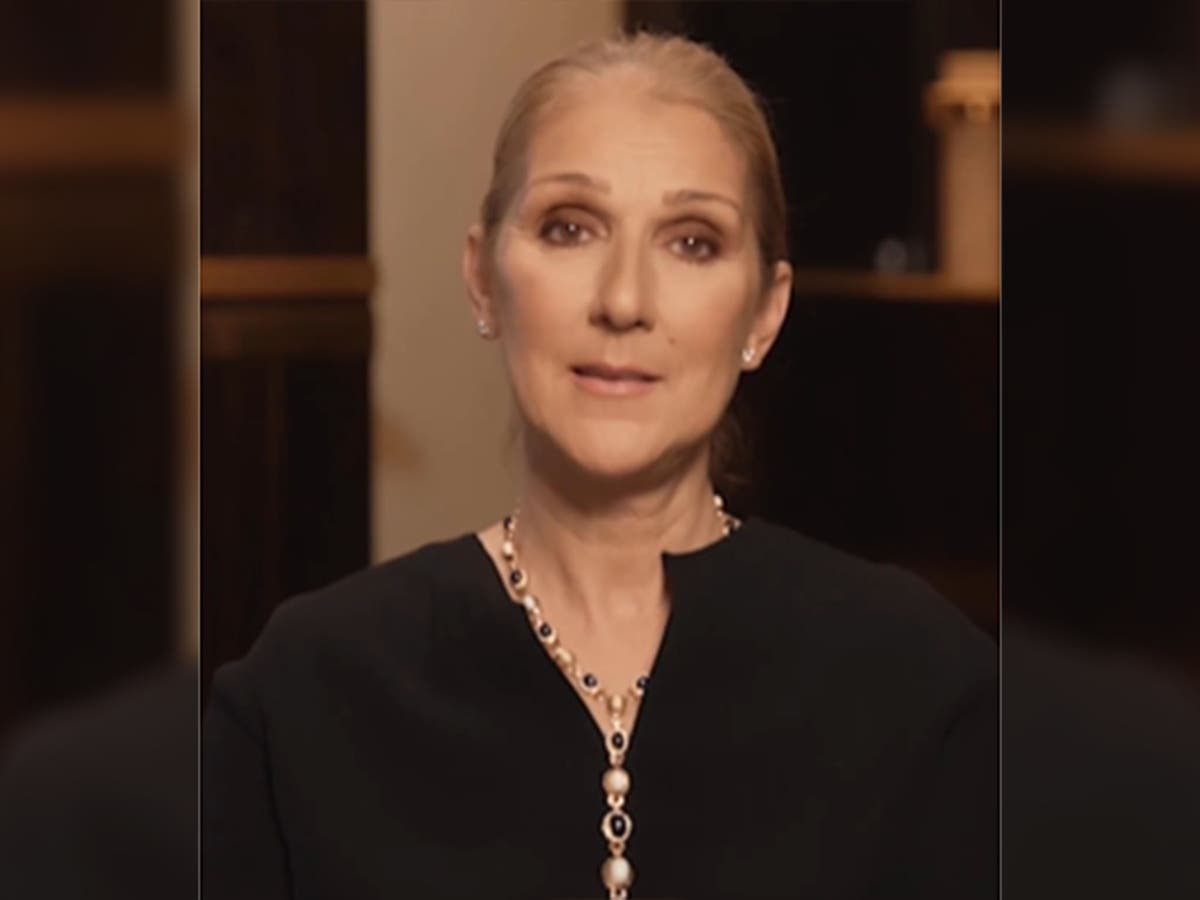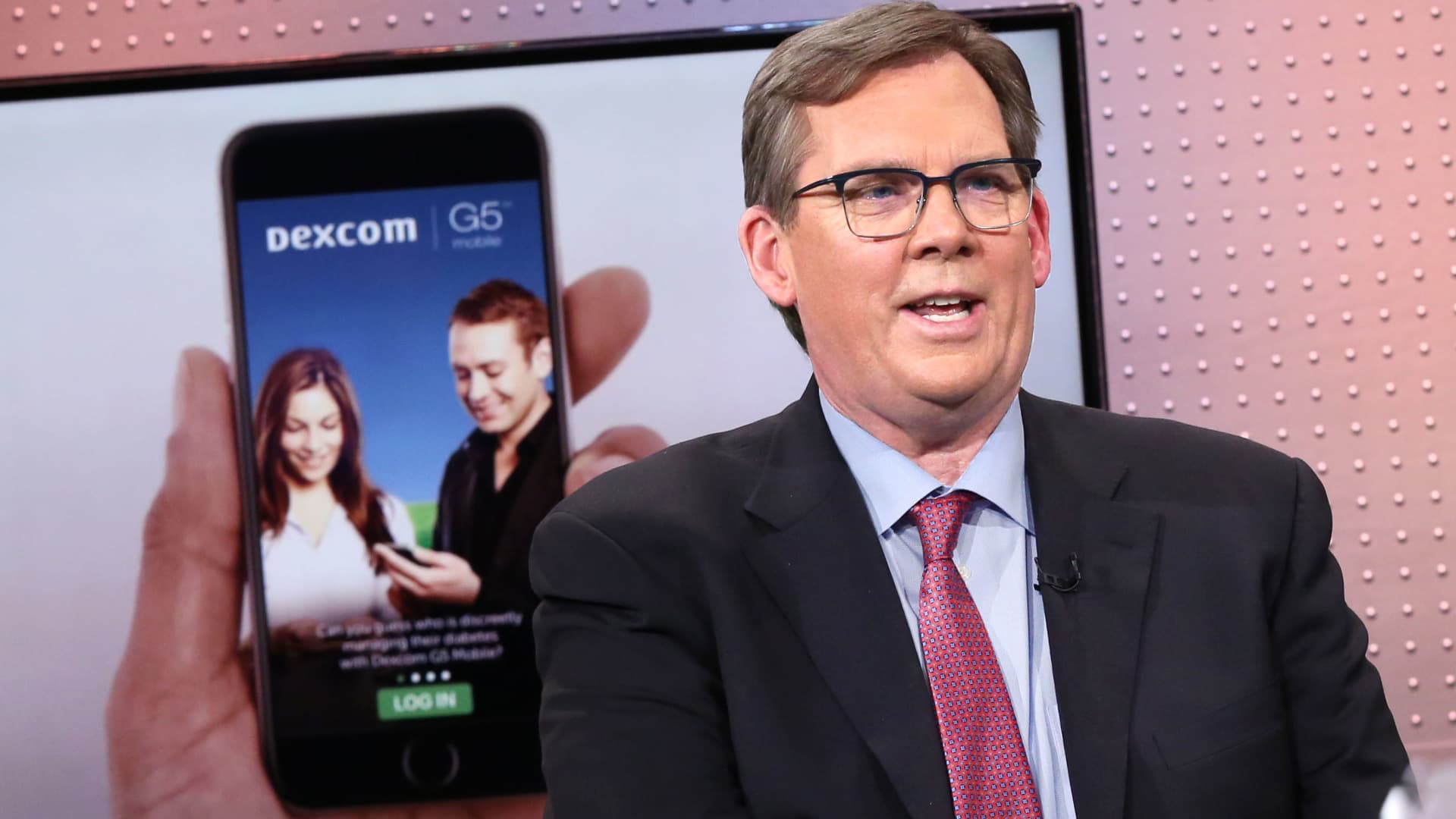“Did you know that when I first read the lyrics for “What’s love got to do with it,” I rejected the song? Crazy to think about that now,” she wrote on Instagram in 2021. Turner considered it to be more of a pop song, rather than her signature rock-and-roll.
The British sound engineer and producer who recorded it were apparently blown away by the power of her voice — although, in this case, the song called for a little moderation. At a recording session one Sunday in London’s Mayfair Studios, “Tina sang like she was onstage in front of 25,000 people, belting it for all she was worth,” producer Terry Britten and engineer John Hudson recalled in a 2004 article in the music technology magazine Sound on Sound. Hudson recalled his colleague coaxing her into a softer rendition by demonstrating and asking her to sing as if she was singing into his ear, rather than to a large audience. (Hudson won three Grammys as mix engineer on the song and tour video soundtrack.)
The 1993 biopic starring Angela Bassett was described by film critic Roger Ebert as “one of the most harrowing, uncompromising showbiz biographies I’ve ever seen.” (It grossed around $40 million in the United States and Canada, according to Box Office Mojo.)
The film tells the story of her life from the time she was a little girl named Anna Mae Bullock in rural Nutbush, Tenn., who apparently sang louder than anyone else in her church choir, through her introduction to Ike Turner, an established musician whose initial charms belied his controlling nature. It then tracks the deterioration of their relationship, with Ike, apparently jealous of his wife’s talents, turning into a violent abuser. (The couple divorced in 1978, and Ike died in 2007.)
In one of the most dramatic scenes, Turner — battered and bleeding — walks out of their hotel and across a major road, with only 36 cents in her pocket.
Bassett won a Golden Globe and was nominated for an Academy Award for best actress for her performance, which she later described in an interview with People magazine as one of the most challenging and game-changing roles of her career. Bassett underwent hours of dance rehearsals and meticulously studied Turner’s mannerisms to make her performance credible.
In his 1993 review, Ebert described Bassett’s portrayal of Turner as “fiery and convincing.” Songs on the movie soundtrack were recorded by Turner, but Ebert said Bassett’s performances were “so much in sync — not just lip-sync, but physically, and with personality and soul — that it always seems as if we’re watching Tina at work.”
In an interview with Oprah Winfrey in 2018, Turner said that the film was “not how things went” and that many details were changed. However, she later praised Bassett for her performance.
“You never mimicked me. Instead, you reached deep into your soul, found your inner Tina, and showed her to the world,” Turner wrote in Time magazine in April, after Bassett was named on the publication’s list of the 100 most influential people of 2023.
“How do we say farewell to a woman who owned her pain and trauma and used it as a means to help change the world?” Bassett wrote on Instagram on Wednesday. “Through her courage in telling her story … her determination to carve out a space in rock and roll for herself and for others who look like her, Tina Turner showed others who lived in fear what a beautiful future filled with love, compassion, and freedom should look like.”















































